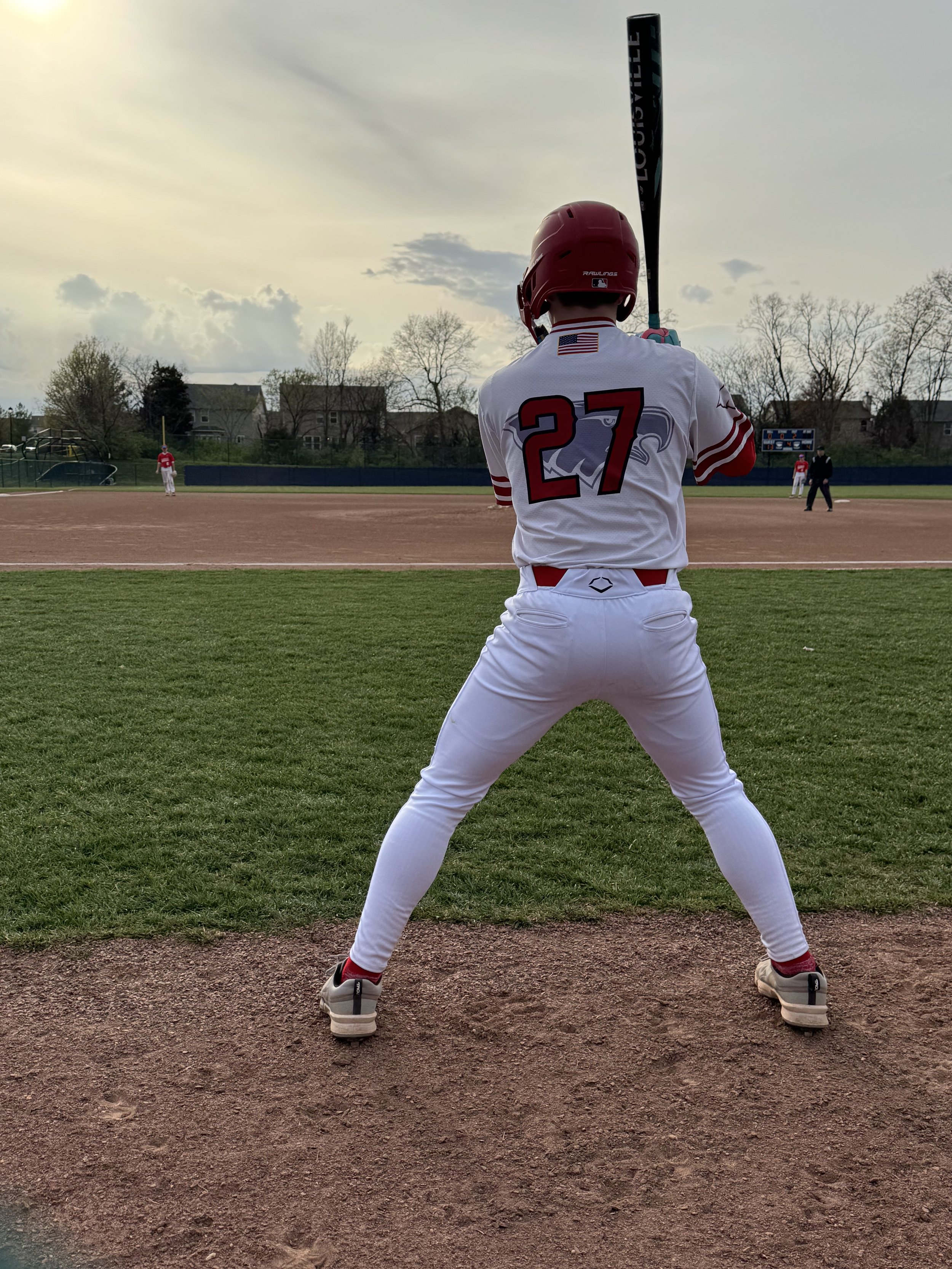This topic started with a post at a baseball game. I was sitting there watching, feeling nostalgic for when kids got to do stuff they loved—without it being a cutthroat competition. Without needing to prove they were "good enough" just to play.
I shared some thoughts on IG. And moms flooded my inbox.
Turns out, we’re all wondering the same thing:
When did everything become so intense? When did the fun get replaced with pressure? Why does it feel like kids have to be naturally talented or start straight outta the womb or they’ll never catch up?
Let’s get into it—and what’s actually in our power as parents.
Life isn’t fair. Rejection isn’t optional. And resilience isn’t built in comfort.
We don’t build strong kids by shielding them from the hard stuff. We build strong kids by walking through it with them. Not with sugarcoating. Not with toxic positivity. But with support, vulnerability, and tools they can carry for life.
Life’s gonna hand them hard stuff. Our job isn’t to bubble wrap them—or dismiss what they feel— it’s to give them the tools to bounce back.
As a Mom, My Job Isn’t to Make Life Fair
I don’t need my kid in the starting lineup. I don’t believe everyone deserves a trophy.
But I do miss when kids could play for fun. I do hate that some kids don’t get playing time—ever.
Like my friend Jenna said (when we chatted on IG), our job isn’t to make life fair. It’s to teach them how to be emotionally resilient.
That means we don’t just say, “Suck it up.” We say: “Yeah, this sucks. Yeah, it feels unfair. Here’s how we move through it.”
The Story Kids May Create When They Put Themselves Out There
Kids are constantly making sense of the world—and themselves—through their experiences.
When they try out, audition, or speak up and it doesn’t go their way, here’s what might take root:
"I’m not good enough."
"Why did I even try?"
"I’ll never catch up."
"They were right—I don’t belong here."
Without support, those thoughts don’t just fade. They turn into beliefs. And those beliefs shape their future decisions.
Let’s help them rewrite the story, even when the outcome isn’t what they hoped for.
What’s In Our Power as Parents?
Here are 6 ways we can help build emotional resilience in our kids:
1. Normalize Rejection Early
Let them know: everyone hears "no." It’s not the no—it’s the story we attach to it.
Share your own rejections—real-life or famous ones.
Talk about rejection in shows/movies: “What would you have done?”
Let them submit to a contest or try out for something low-stakes.
Check in after: “How did it feel to try?” “What were you proud of?”
These small exposures build confidence in their ability to bounce back.
2. Teach Them to Separate Outcome from Identity
“This didn’t go my way… and I still matter.”
Talk about who they are outside of their achievements.
Celebrate the courage to try—not just the outcome.
Remind them: Their worth isn’t tied to a trophy, a grade, or a starting spot.
Celebrate who they are and how they showed up, not just what they achieved.
3. Give Them Space to Feel It
Resilience isn’t skipping over the feelings-it’s letting them feel it without shame.
Don’t rush to fix it.
Help them name their feelings.
Validate Them: “Of course you feel disappointed.”
Don’t try to silver-lining it too soon. Let them be human first.
4. Model How to Bounce Back
Let them see you miss out, grieve, pivot, and try again. They’re watching how we handle disappointment.
5. Reinforce Effort > Outcome
Praise the showing up. The trying. The courage. Not just the win.
Say: “That must’ve been hard—and I’m proud of you for putting yourself out there.”
Focus on growth and bravery over perfection.
Success isn’t just measure through external results. It’s who you become in the process.
6. Rejection is Redirection
Help them see that sometimes the closed door leads to what’s really meant for them.
Share examples of when a no turned into something better.
Help them hold hope—even if they can’t see it yet.
Remind them: We can’t always see it now, but we’re not done yet.
They may not fully get it in the moment, but these conversations plant seeds. We help shape the story they tell themselves after a “no.” So it doesn’t turn into a lifelong belief that they weren’t good enough.
We don’t control the outcome. But we can help them build the tools so rejection doesn’t wreck their worth.

